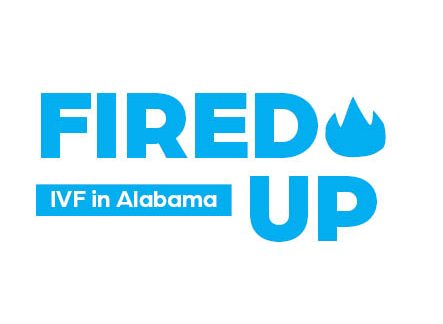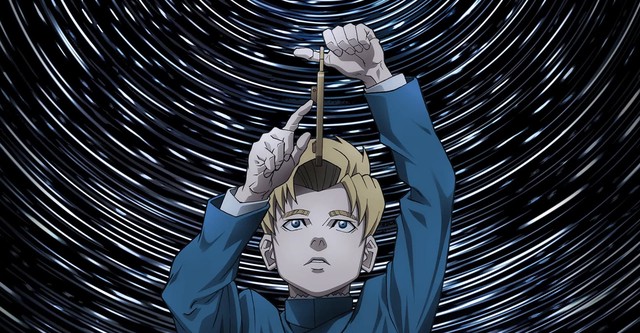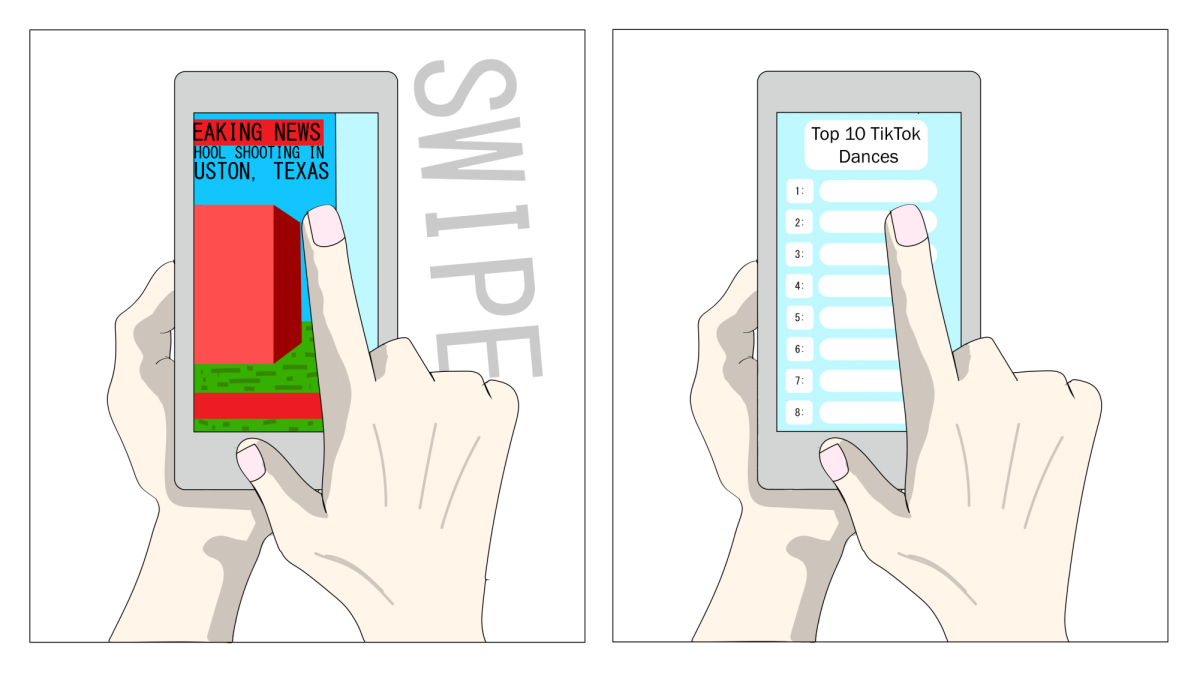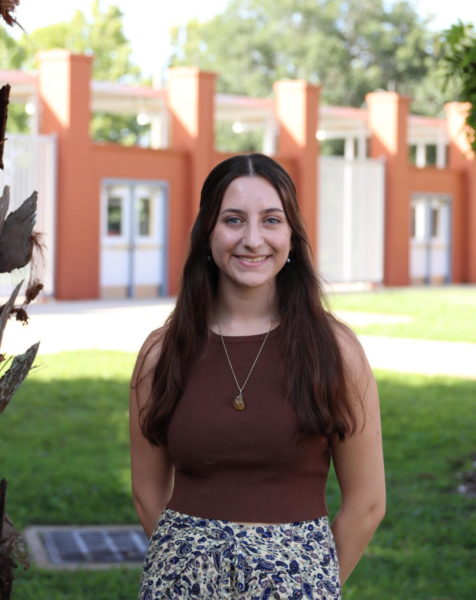
The average newborn baby weighs seven pounds and measures 19.5 inches.
Now in Alabama, in vitro fertilization eggs, (commonly referred to as IVF), of only 15 to 22 millimeters in size, will be legally seen as living children.
On Feb. 16, the Alabama Supreme Court issued a ruling that embryos created through IVF are to be considered children under the law. After a lawsuit from three couples against the Center for Reproductive Medicine and the Mobile Infirmary Association after their IVF eggs were destroyed by a patient in an Alabama hospital, this ruling not only poses a risk to medical professionals, who must dispose of unviable eggs as part of the IVF process, but other couples going through the IVF process.
This ruling is another extension of anti-abortion legislation, using legislation to hold parents responsible for the moral beliefs of others. With it being unclear what would distinguish a disposal of IVF eggs as “improper,” Alabama’s decision does not protect families, but threatens their existence.
According to Justice Jay Mitchell, the ruling was protected under Alabama’s Wrongful Death of a Minor Act, now including “extrauterine children,” or IVF eggs. This has rewritten the definition not only of a child but of life in Alabama.
When I crack an egg to make brownie batter, am I now responsible for animal cruelty?
No, because this egg is not a baby chicken.
It’s an egg.
This is not a perfect comparison, as these chicken eggs aren’t fertilized (and we don’t eat babies) but the message remains clear: how can something not viable for life be compared to a living being?
Or how about this: Every month, females from their early tweens to late thirties shed, or destroy, unviable eggs through the menstrual cycle. Are these eggs to be considered extrauterine children as well? Will we be charged for flushing them down the toilet or disposing of them in the trash?
Alabama’s ruling has already seen effects, with the University of Alabama Birmingham hospital pausing IVF treatments after the ruling. If the whole point of the trial was to preserve life in Alabama, why have the lives of hopeful parents been negatively impacted?
Just like any other hopeful parent, those going through IVF should not need to worry over being charged for the “murder” of their eggs if they are not viable. The entire concept of IVF is based on the viability of eggs for life. Not that they are already living.
If all eggs are to be considered the children of a couple, would some simply not being viable for life, as the majority of eggs are, cause the couple to go through an unneeded and ridiculous legal process? How are those unable to naturally conceive children supposed to go through the IVF process, meant to assist and improve lives, if they could face prosecution?
Imagine this: a couple going through IVF has poured care, time and thousands of dollars into their treatment plan. But, when they have to dispose of eggs that were not even viable for life, they end up in court?
This decision not only threatened those in Alabama, but similar minded states, especially Florida. The last thing we need is more regulation on the reproductive rights of women and families (who are fully developed human beings.)
The argument of when “life” truly begins is one that is sensitive and varies across cultures, religions and traditions, which should all be respected in their own right. But no belief of others should limit couples’ access to IVF treatment or creating a family.







